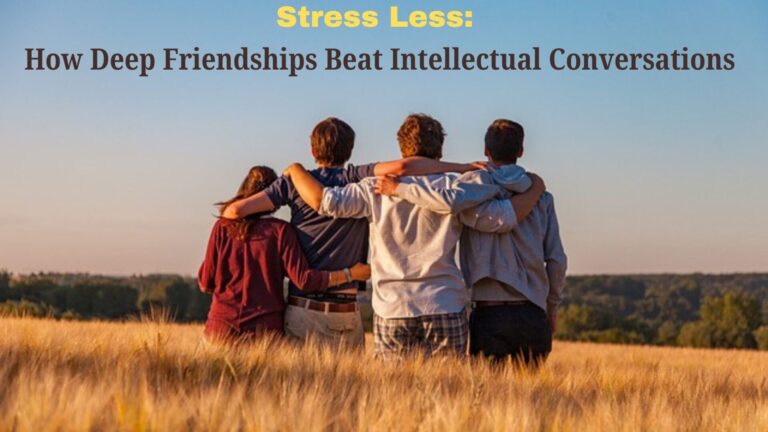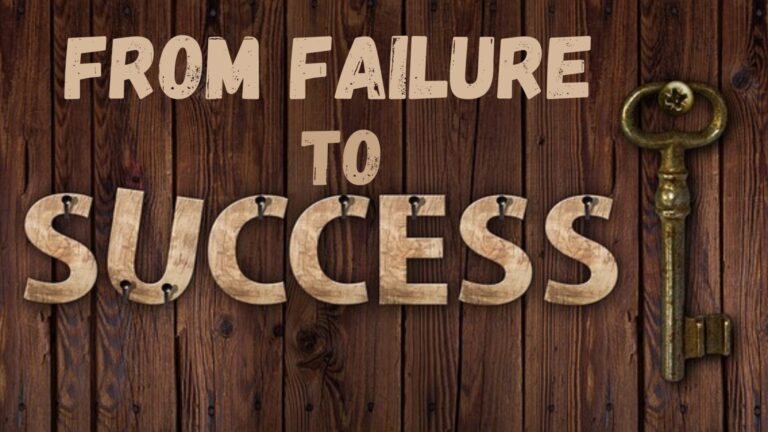Introduction:
The Thin Line Between Truth and Deception: Navigating a Complex Ethical Landscape
In a world characterized by varying shades of gray, the demarcation between truth and deception can often blur, posing a challenging ethical dilemma. This article explores the intricate interplay between honesty and deceit, shedding light on the factors that make this line so elusive.
What does truth and deception mean?
The Nature of Truth and Deception

Truth, in its purest form, is often considered an absolute, unwavering principle. It’s a beacon of clarity in a world clouded by misinformation. However, as we delve deeper, we realize that truth isn’t always black and white. It can take on different hues depending on the context and perspective.
Deception as a Survival Tactic: In some instances, individuals may resort to deception as a means of survival. This could be seen in cases where honesty might put one’s safety or well-being at risk. The decision to deceive can be a desperate attempt to navigate challenging circumstances.
The Ethical Quandary: Herein lies the ethical conundrum: Should one always choose truth, even if it means compromising their safety or the safety of others? Or is there a justifiable, moral space for deception under certain circumstances? These questions don’t have straightforward answers.
The Psychology of Deception: Understanding the psychological aspects of deception is essential in navigating this thin line. Cognitive biases, social pressures, and the desire to protect oneself or loved ones can all influence our decisions regarding honesty and deceit.
The Consequences of Deception: While deception may provide temporary relief or safety, it often carries heavy consequences. When the truth eventually surfaces, it can erode trust, damage relationships, and have legal ramifications. It’s crucial to recognize that deception is seldom a sustainable long-term solution.
Case Studies: Real-World Examples: This article explores real-life scenarios where individuals grappled with the choice between truth and deception. From whistleblowers exposing corporate malpractice to spies working undercover, these cases highlight the complexity of the issue.
Strategies for Navigating the Thin Line: For individuals facing the moral dilemma of truth versus deception, this section offers practical advice. It emphasizes the importance of weighing the potential consequences, considering alternatives, and seeking ethical guidance when in doubt.
Explore the psychological toll of dishonesty and the benefits of living a truthful life, even when it comes at a personal cost.
Living a truthful life, even when it comes at a personal cost, has both psychological tolls and significant benefits. Let’s delve into these aspects:

Psychological Toll of Dishonesty:
- Guilt and Anxiety: Dishonesty often leads to feelings of guilt and anxiety. When we lie or deceive, we carry the burden of knowing we’ve acted against our moral compass. This inner conflict can lead to increased stress and emotional turmoil.
- Fear of Discovery: The fear of being caught in a lie can be psychologically taxing. Constantly worrying about whether the truth will come to light can cause significant distress and negatively impact mental well-being.
- Erosion of Self-Esteem: Repeated acts of dishonesty can erode self-esteem. Knowing that you’re not living in alignment with your values can lead to a diminished sense of self-worth.
- Damage to Relationships: Dishonesty can strain relationships, causing mistrust and distance between individuals. The breakdown of trust can lead to feelings of isolation and loneliness.
Benefits of Living a Truthful Life, Even at a Personal Cost:
- Peace of Mind: One of the primary benefits of living truthfully is the peace of mind it brings. When you have nothing to hide and your actions align with your values, you can experience a sense of inner calm and contentment.
- Stronger Relationships: Honesty is the foundation of trust in relationships. Being truthful fosters open communication, deeper connections, and more meaningful bonds with others.
- Personal Growth: Living a truthful life often requires self-reflection and self-improvement. It encourages personal growth as you confront your weaknesses and work to become a better person.
- Improved Mental Health: Truthfulness can lead to improved mental health. Being honest reduces the internal conflict that arises from deception, resulting in reduced stress, anxiety, and guilt.
- Respect and Reputation: Truthful individuals tend to be respected and admired by others. Their reputation for integrity can open doors in both personal and professional spheres.
- Long-Term Stability: While truthfulness may come at a personal cost in the short term, it often leads to long-term stability and success. Trustworthy individuals are more likely to enjoy lasting success in their careers and relationships.
- Positive Self-Image: Living truthfully reinforces a positive self-image. You can take pride in your integrity and your ability to face challenges with honesty and integrity.
Discuss the role of truth in maintaining healthy relationships and whether it’s worth risking them for the sake of honesty.
The role of truth in maintaining healthy relationships is paramount, and it is generally worth risking certain aspects of a relationship for the sake of honesty. Let’s explore this in detail:

1. Trust and Foundation:
- Trust is the cornerstone of any healthy relationship, be it romantic, familial, or professional. Truth is the bedrock upon which trust is built. When both parties are honest with each other, trust grows stronger, fostering a deeper connection.
2. Effective Communication:
- Truthful communication leads to effective and meaningful conversations. Honest discussions allow individuals to express their thoughts, feelings, and needs openly, which is essential for resolving conflicts and building understanding.
3. Emotional Intimacy:
- Emotional intimacy thrives on openness and vulnerability. Sharing one’s true thoughts and feelings creates a sense of closeness that cannot be achieved through deception. Truthful interactions lead to emotional connection and bonding.
4. Long-Term Stability:
- Healthy relationships are often characterized by their long-term stability. Over time, dishonesty erodes trust and can lead to the breakdown of the relationship. In contrast, honesty contributes to the longevity of a relationship.
5. Conflict Resolution:
- Truth plays a pivotal role in resolving conflicts. When both parties are honest about their concerns and grievances, it becomes easier to find common ground and work towards mutually acceptable solutions.
6. Self-Respect and Integrity:
- Honesty in a relationship reflects an individual’s self-respect and integrity. When you are truthful, you maintain your personal values and principles, which can enhance self-esteem and self-worth.
7. Authenticity and Respect:
- Authenticity is highly valued in relationships. Being true to oneself and to one’s partner fosters an atmosphere of mutual respect and admiration.
8. Building a Strong Reputation:
- Maintaining a reputation for honesty not only benefits the individual but also enhances the overall perception of the relationship. Others are more likely to respect and support a relationship known for its integrity.
However, it’s important to note that there can be instances where the truth may come at a personal cost in a relationship. For example:
1. Temporary Discomfort:
- Sharing a difficult truth may cause discomfort or pain in the short term. It could lead to arguments, hurt feelings, or even temporary strain in the relationship.
2. Risk of Consequences:
- Some truths may have consequences, such as revealing past mistakes or admitting to personal flaws. These consequences can be challenging to face.
3. Timing and Delivery:
- The manner in which the truth is conveyed is crucial. It’s important to consider the timing and sensitivity of sharing certain truths to minimize potential harm.
Conclusion:
In the ever-evolving landscape of human interactions, the line between truth and deception remains precarious. This article has sought to shed light on the complexities of this ethical dilemma. While there may not be a one-size-fits-all answer, understanding the factors at play can help individuals make more informed decisions when faced with this challenging choice.By crafting this article with SEO best practices in mind, using relevant keywords, and providing valuable insights, you can increase its visibility and appeal to readers interested in exploring the nuanced topic of truth and deception.
Read more
https://youtu.be/BTXik0UUIT0?si=TkFD7wRngVh9xEEZ





